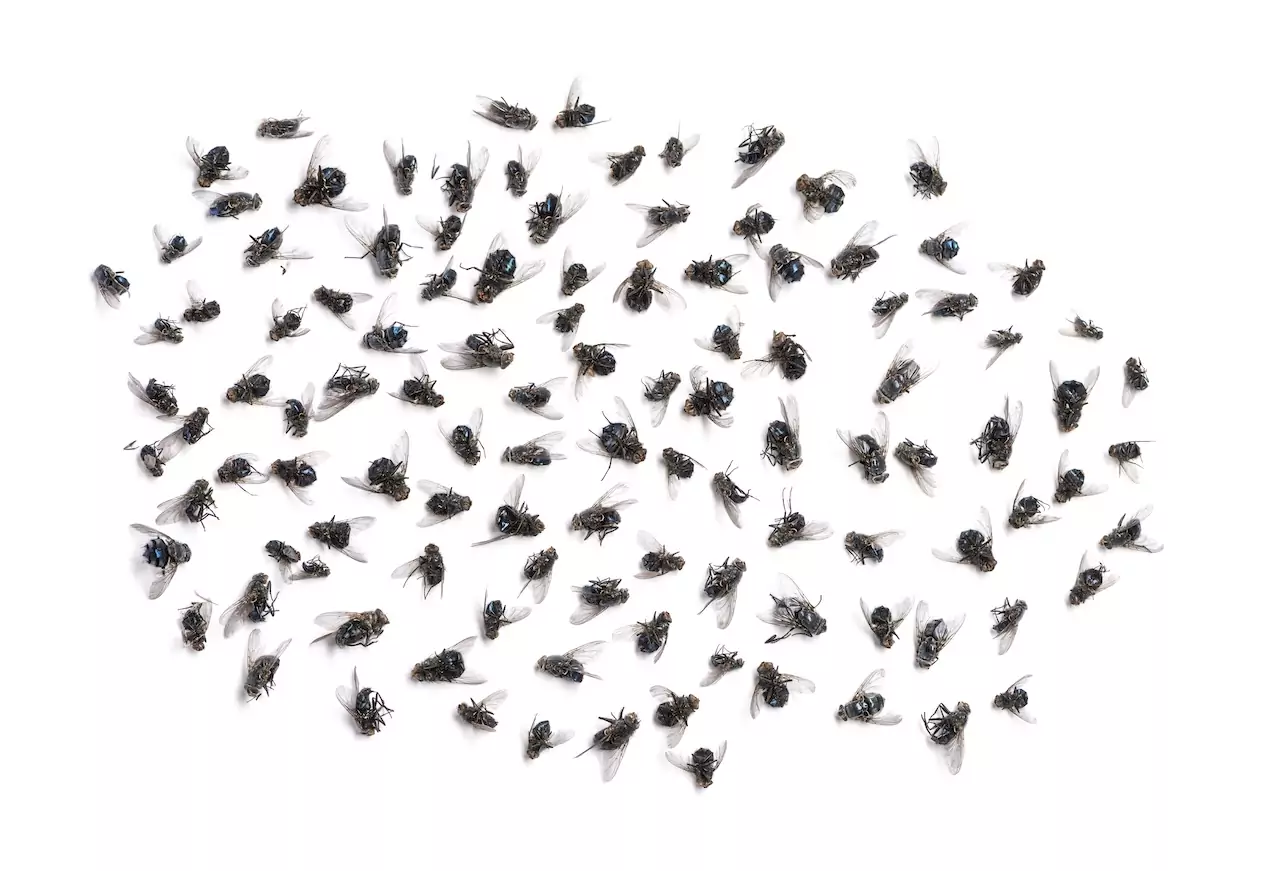Table of contents
Between those who see them as the holy grail of sustainable food and those who see them as a bizarre start-up fad, insects are at the centre of a debate that can only be described as borderline. In the jungle of agritech, between daring pioneers and companies that have already lost their paws in it, insect farms continue to attract attention. But will this really be the food revolution we are waiting for, or is it just another innovation fever destined to die out quickly?
Why all this fixation on insects?
It almost seems like crypto déjà vu: on the one hand visionaries swearing ‘the future is already here’, on the other sceptics convinced that it will soon all be forgotten. Yet with a steadily growing world population and increasingly scarce environmental resources, alternative proteins are no longer an option, they are a necessity.
- True sustainability or pure marketing? Sure, insects have a much lower ecological footprint than beef or pork, consuming less water, less land and producing less CO₂. But how authentic is this storytelling and how much of it is ‘greenwashing’?
- Nutritional value: Nobody doubts the nutritional quality of insect proteins, which are full of amino acids, vitamins and minerals. The problem? In the West, seeing a handful of larvae on a plate still elicits quite a reaction. But then again, even sushi years ago elicited the same reaction.
Kinsect and the other pioneers
On the European and global scene, several start-ups have focused on insects:
- Kinsect (Italy): automates industrial insect breeding, with a strong focus on efficiency and circularity. It has a bold ‘industry pioneer’ spirit, with a strong university partnership.
- Protix (The Netherlands): pioneers of the black soldier fly, they have won investments and markets by focusing on aquaculture feed and pet food.
- Ÿnsect (France): robotics and vertical plants to produce premium proteins from beetles. It closed major financial rounds aiming to become the European insect giant.
- InnovaFeed (France): circular economy and waste reduction with Hermetia illucens, showing how agricultural waste can become a resource.
- Entocycle (UK): betting on sensors, AI and automation to make livestock farming integrated into traditional supply chains.
Those who have tried and failed
Not every start-up has had a happy ending:
- Exo (US): cricket bars have lost momentum after the initial hype, clashing with a market that is not yet ready.
- Six Foods/Bug Musubi (US): insect-based snacks did not scale beyond initial enthusiasm, getting bogged down in repetitiveness.
- Small local businesses: often overwhelmed by bureaucracy, many local start-ups have quietly disappeared, underlining how complicated it is to overcome certain market and regulatory barriers.
Moral? Selling insects is not like selling a trendy app; it requires convincing storytelling, clear regulations and scalable production.
Borderline provocations
- Disgust effect: how ready are we really to eat worms? However, remember sushi: food culture can change quickly.
- Hype vs. reality: is insect breeding the new ‘3D printer’? Lots of expectations and then an abrupt halt?
- Extreme marketing: eye-catching packaging and invisible flours may be the key, but if the perception does not change, the industry may never take off.
- Regulations: the EU is slowly opening up to novel food, but small start-ups risk not surviving the bureaucratic process, literally finding themselves with ‘a fistful of flies’.
The future of insects: between radical breakthroughs and new opportunities
The outlook remains uncertain but promising:
- Diversification beyond human food: feed, fertilisers, pet food, perhaps this is the fastest route to cultural acceptance.
- Consolidation: likely acquisition of the most promising start-ups by the big agribusinesses.
- Cultural evolution: change could come from the new generations, more inclined to experimentation.
- “Show me the money”: investors are looking for solidity, hard data and truly functioning facilities; superficial pitches are no longer enough.
Conclusion: a journey for daredevils
Insect breeding represents an intriguing frontier with enormous potential but also not insignificant unknowns. Start-ups such as Kinsect and Protix face regulations, prejudices and a still immature market with an innovative spirit and a dash of healthy entrepreneurial madness.
The ‘borderline’ truth? Perhaps insects really will solve the food and climate crises, or they will prove to be a cultural flop. Those with a hard head and the right recklessness may, however, find themselves holding a real treasure, because, remember, the next unicorn may well have six legs.
Note to reader: the author is CEO of Beeco and works with investment funds active in agritech, which may have supported or will support some of the startups mentioned in the future.
ALL RIGHTS RESERVED ©
